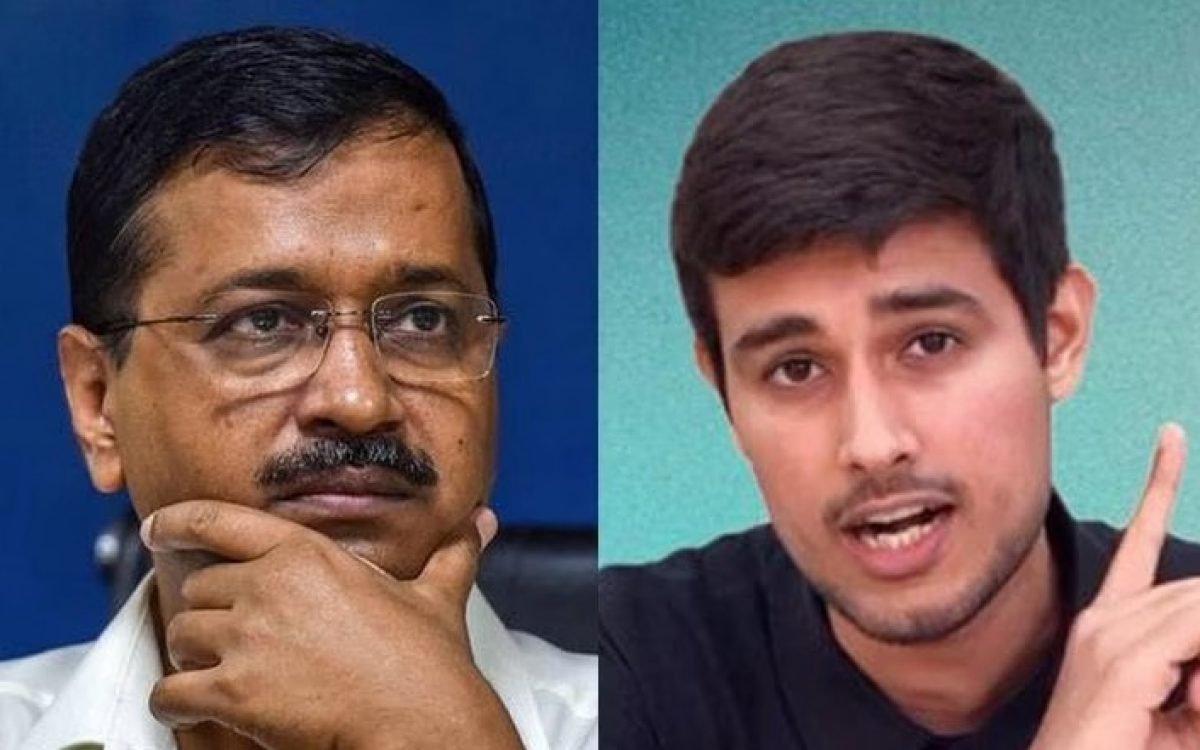The recent developments surrounding Delhi Chief Minister Arvind Kejriwal’s defamation case have ignited debates and raised pertinent questions about the intersection of politics and law in India’s democratic landscape. From the initial retweet of a controversial video to the subsequent legal proceedings, the case encapsulates complex dynamics that warrant a closer examination.
In February 2018, Arvind Kejriwal, the Chief Minister of Delhi and leader of the Aam Aadmi Party (AAP), retweeted a video posted by German YouTuber Dhruv Rathee, triggering a chain of events that would culminate in a defamation case. The video, which contained defamatory content aimed at a Twitter account associated with supporting Narendra Modi, drew swift backlash from the account’s founder, prompting legal action against Kejriwal.
Fast forward to February 2024, the Supreme Court of India finds itself entangled in the legal quagmire surrounding Kejriwal’s admission of wrongdoing. Kejriwal’s acknowledgment of his mistake in retweeting the contentious video has prompted a reevaluation of the defamation case, with the Supreme Court restraining the trial court from taking coercive action against him.
The legal intricacies of the case are multifaceted, with the judiciary grappling with questions of free speech, defamation, and the accountability of public figures. Kejriwal’s apology, though a significant development, raises broader questions about the responsibilities of political leaders in the digital age and the ramifications of their actions on social media platforms.
The role of social media in shaping public discourse and disseminating information cannot be understated. In an era marked by the proliferation of misinformation and fake news, political leaders wield considerable influence through their online presence. Kejriwal’s retweet serves as a stark reminder of the perils associated with the unchecked dissemination of unverified content in the digital realm.
Moreover, the legal precedent established by the Supreme Court regarding the liability of individuals for reposting defamatory content carries far-reaching implications for online discourse and freedom of expression. The court’s assertion that reposting libelous material can attract defamation charges underscores the need for vigilance and accountability in online interactions.
Beyond the legal ramifications, the case also sheds light on the political ramifications for Arvind Kejriwal and the Aam Aadmi Party as India gears up for the upcoming Lok Sabha elections. With only one Lok Sabha MP currently representing the party, the timing of the defamation case against Kejriwal raises speculation about its potential impact on electoral outcomes and the broader political landscape.
Kejriwal’s assertion that the trial court’s expedited proceedings are politically motivated underscores the high-stakes nature of the legal battle unfolding in the backdrop of electoral politics. The convergence of legal proceedings and political machinations underscores the intricate interplay between law and governance in a democratic society.
As the case continues to unfold, it serves as a sobering reminder of the complexities inherent in navigating the intersection of law, politics, and media in contemporary India. The outcome of Kejriwal’s defamation case will undoubtedly reverberate across legal and political spheres, shaping perceptions of accountability, responsibility, and freedom of expression in the digital age.
Arvind Kejriwal’s defamation case represents a microcosm of the broader challenges facing democratic societies grappling with the complexities of digital communication and political accountability. As legal proceedings unfold and electoral dynamics evolve, the case underscores the need for a nuanced understanding of the intricate dynamics shaping India’s democratic fabric in the 21st century.









